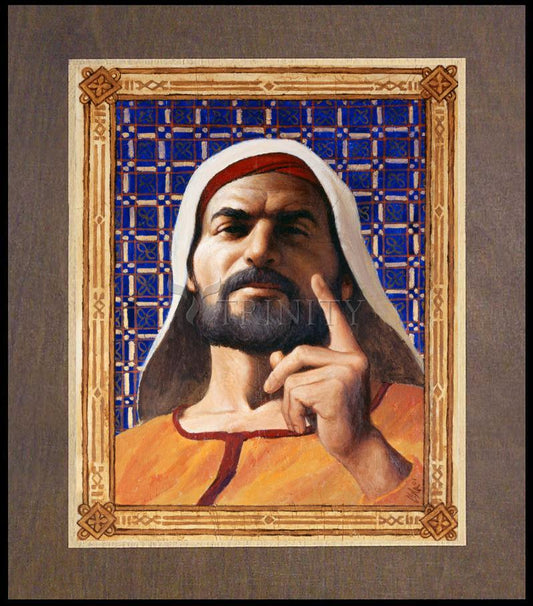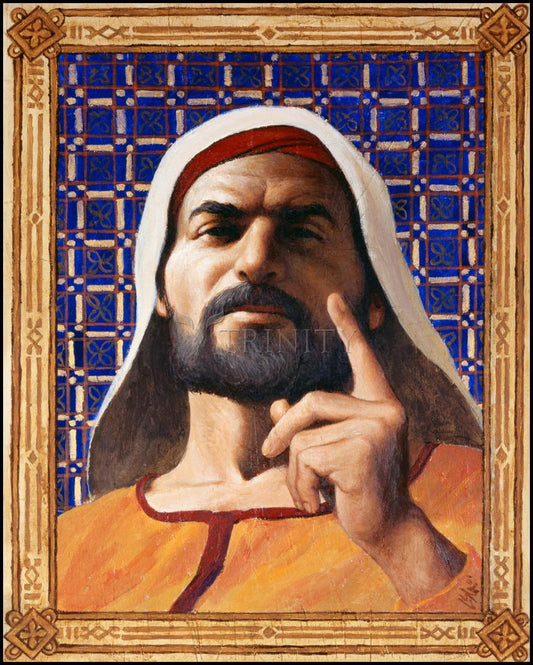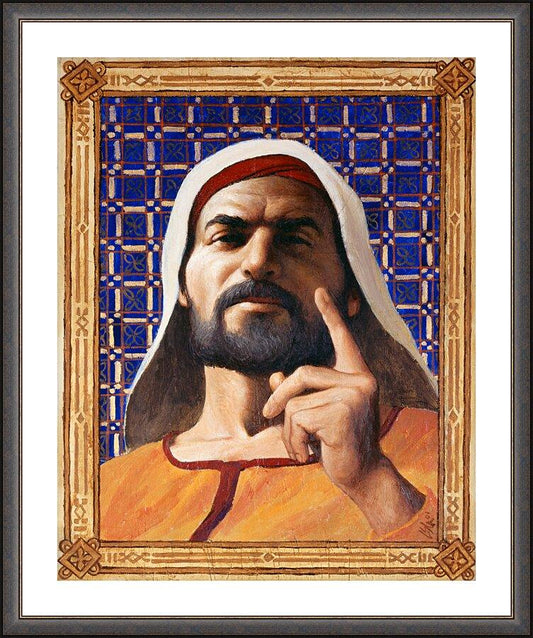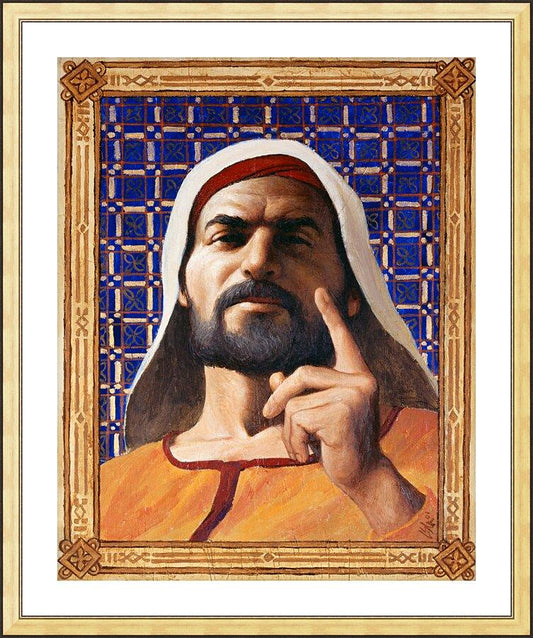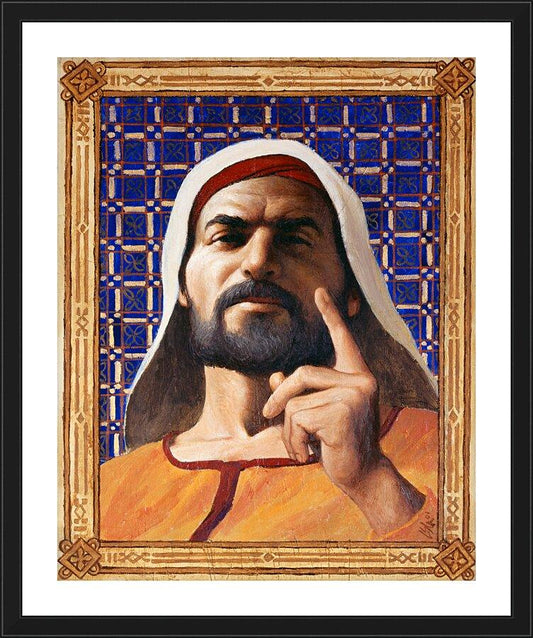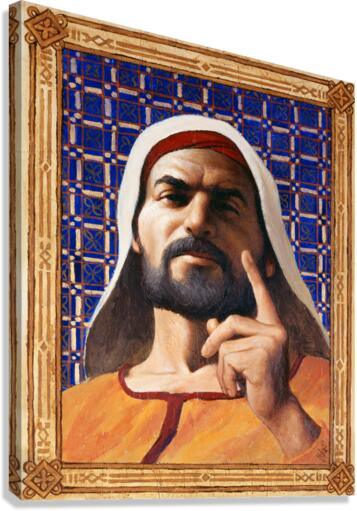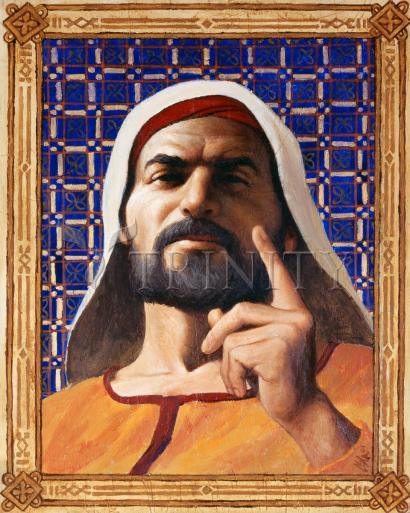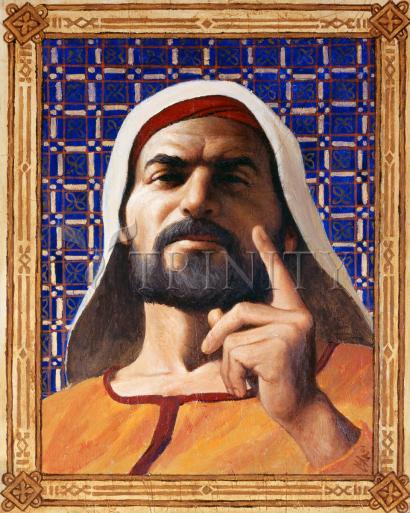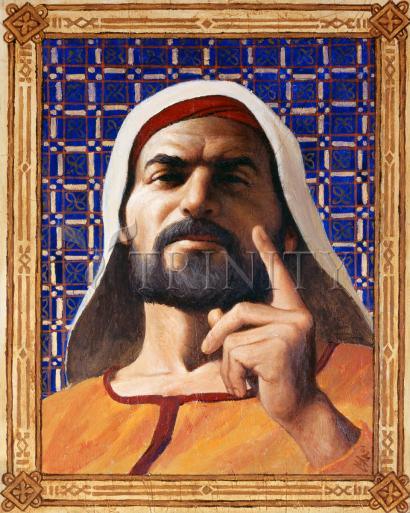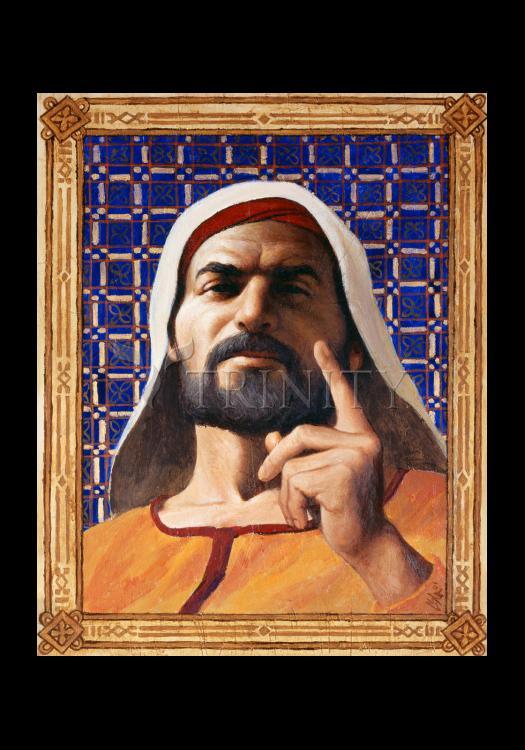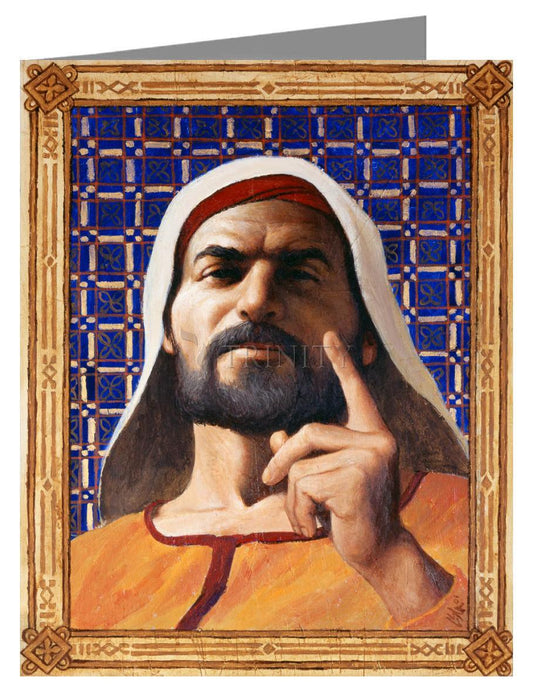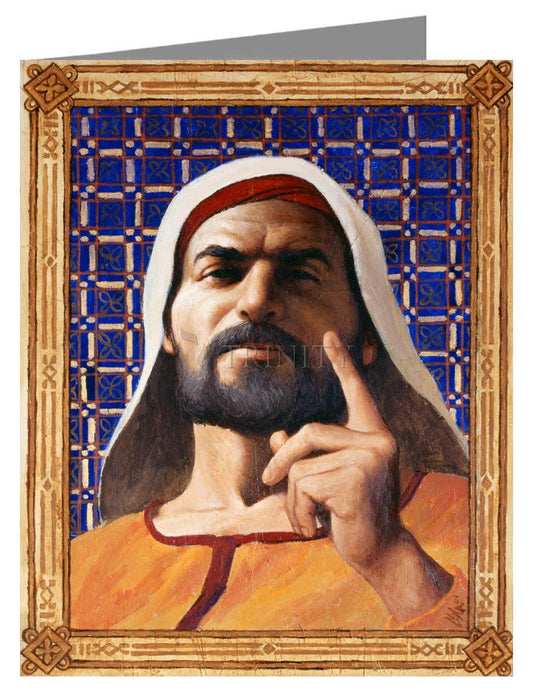The experience of initiation into the prophetic task can be referred to as the commission or "call" of the prophet. In a call narrative the prophet describes his experience of being called into divine service. While each prophet's experience is unique in the details, there are some common features. Most record the experience of having stood in the presence of God and of having been utterly frightened by the encounter. Most prophets felt ill-equipped to perform the task of voicing the divine message, but God somehow enabled them to speak.
Call Narrative:
Isaiah's description of the call has a lot in common with Micaiah's experience of the divine council in 1 Kings 22. The prophet Ezekiel also relates an experience of standing in the divine presence (Ezekiel 1). All these are similar to Moses' call experience at the burning bush (Exodus 3). The notion of the prophet as a messenger for God is reflected in the widely used formula that introduces prophetic oracles, "Thus says YHWH."
Out of his call experience, described in chapter 6, Isaiah became the messenger of the divine King:
In the year that King Uzziah died, I saw YHWH sitting on a throne, high and exalted. The hem of his robe filled the temple. Seraphs attended him. Each had six wings: two to cover the face, two to cover the feet, and two to fly. Each called to the other: "Holy, holy, holy is YHWH of hosts. The whole earth is full of his glory." The hinges on the thresholds shook from the voices of those heralds, and the house filled with smoke. Then I said, "Woe is me! I am doomed, because I am a person of unclean lips, and I live among a people of unclean lips. Yet, how is it my eyes have seen the King, YHWH of hosts?" Then one of the seraphs flew to me, holding a live coal that had been taken from the altar with a pair of tongs. The seraph touched my mouth with it and said, "Because this has touched your lips, your guilt has departed and your sin is wiped out." Then I heard the voice of YHWH saying, "Whom shall I send, and who will go for us?" And I said, "Here I am, send me!" (6:1-8)
Isaiah's vision took place in the temple, either in reality or in Isaiah's imagination. If Isaiah was really there, this might suggest he was a priest. If only imagined, we cannot draw the same conclusion. The vision took place the year Uzziah died, making it 742 B.C.E. If this call vision marks the beginning of Isaiah's formal prophetic work, then it began in that year.
In Isaiah's call experience Yahweh is envisioned as the Great King attended by the divine council. Called seraphs here, a word meaning "fiery ones," each member of the council had six wings. While foreign to our experience, the figures are on the analogy of the winged protector figures common in Mesopotamia.
With two wings, these Isaian seraphs flew. With two they covered their feet. These two are an enigma until we realize that feet is a euphemism (here as elsewhere in the Hebrew Bible) for genitals. They were guarding their nakedness in the presence of God. With two they covered their faces. Apparently, as with humans, angels cannot look upon God and live. What is remarkable in this passage is that, while the seraphs cannot look upon God, the prophet Isaiah does, and yet he lives.
But in the direct presence of God Isaiah felt his total inadequacy. He cried out in fear because he recognized his impurity. To avert disaster a seraph took holy fire and burned away the uncleanness of his mouth. The object of cleansing is the vital instrument of the prophet's messenger function. Now qualified to serve, Isaiah volunteered to represent God to the people.
Isaiah refers to God as "Yahweh of hosts" here in this passage and frequently elsewhere. This divine title almost surely originated at Shiloh in the Northern Kingdom and is first attested during the Philistine wars. While Isaiah is clearly a Judean prophet, the use of this phrase links him, and Amos, who also uses it, with the prophetic holy war doctrine of the northern traditions. In like manner, the title "Holy One of Israel," not used here but frequently elsewhere in Isaiah, was used outside Isaiah only by the earlier northern prophet Hosea. Not too much should be inferred from this, but it does appear that Isaiah was influenced by northern prophets.
"Excerpts from Bible Study by Barry Bandstra, Hope College Department of Religion



